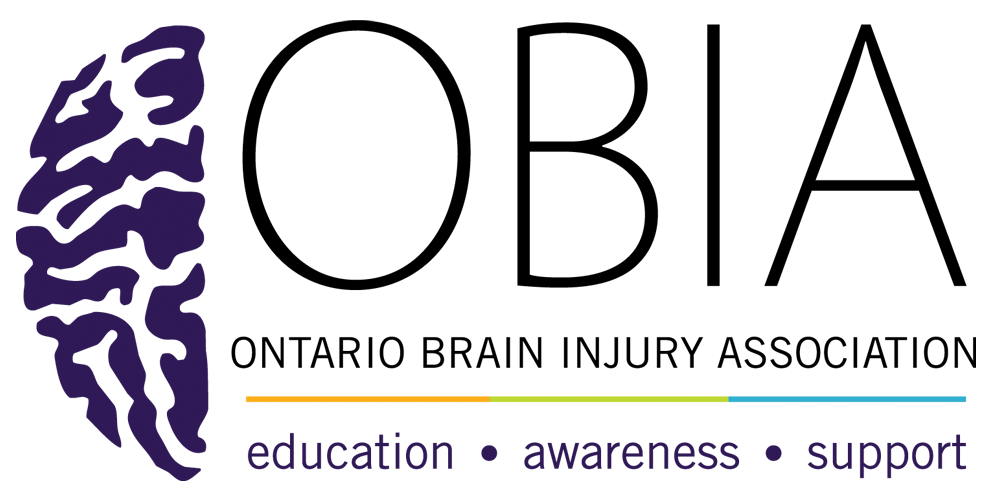Quick Facts
- Social communication is necessary to have successful roles and relationships
- Social communication requires an individual to change how they communicate in different environments (e.g. at home, at work) and with different individuals (e.g. partner, employer)
- This can be very challenging for an individual with a brain injury
- Poor social communication may make it difficult for a person with a brain injury to participate in their community
What does it
look like?
Social dysfunction:
- Misinterpretation of social cues
- Lack of consideration for another person’s feelings
- Inappropriate sexual aggression
- Irritation, distress, frustration
- Limited or faulty interpretation of another person’s actions or words
Poor social communication:
- Disorganized communication, gives too little or too much information
- Rambles on and repeats themselves
- Unable to read other people’s emotions or body language
- Reduced eye contact, limited facial expression
- Difficulty starting a conversation, lack of turn-taking in conversation
- Lack of awareness or sensitivity to the person they are talking with
- Difficulty understanding personal space
- Excessive swearing, quick to express anger or yell
- Inappropriate sexual comments or jokes
Possible Causes and Complications
Possible causes:
- Memory difficulties can lead to:
- Repeating oneself during conversations
- Losing track of the topic of conversation
- Mixing up messages or instructions
- Cognitive difficulties, including:
- Attention and concentration problems
- Inability to resist distractions during conversation
- Difficulty keeping track of what people are saying
- Difficulty staying on topic
- Executive function difficulties can lead to:
- Difficulty starting conversations
- Interrupting others
- Poorly organized speech
- Excessive talking
- Lack of social understanding can lead to:
- Difficulty understanding sarcasm or humour
- Poor understanding of feedback from communication partners
- Difficulty seeing things from a different perspective
Possible complications:
- It may lead to the individual being unsuccessful in their roles and relationships in daily life, resulting in the breakdown of relationships and friendships
- Social isolation may occur as a result of difficulty:
- Securing and maintaining friendships
- Finding and maintaining employment
- Participating in leisure activities
What can we do?
- Speak clearly and in concise terms to reduce the possibility of misinterpretation
- Assist the individual to understand words and social cues
- Prepare the individual for community participation by focusing on appropriate social behaviour
- Create social opportunities that are predictable to practice social communication and interactions
- Direct the individual to ask basic questions to start conversations (e.g. “how are you?” or “what have you been doing?”)
- Use positive reinforcement anytime the individual expresses an interest in another person’s feelings
- Provide the individual with clear, concise and frequent feedback on how their behaviour is affecting you (e.g., “your yelling makes it hard for me to help you because I can’t understand you.”)
- Anticipate potential social criticisms and have the individual rehearse appropriate responses
Disclaimer: This information is not meant to replace advice from a medical doctor. Consult a health care provider regarding specific medical concerns or treatment.

